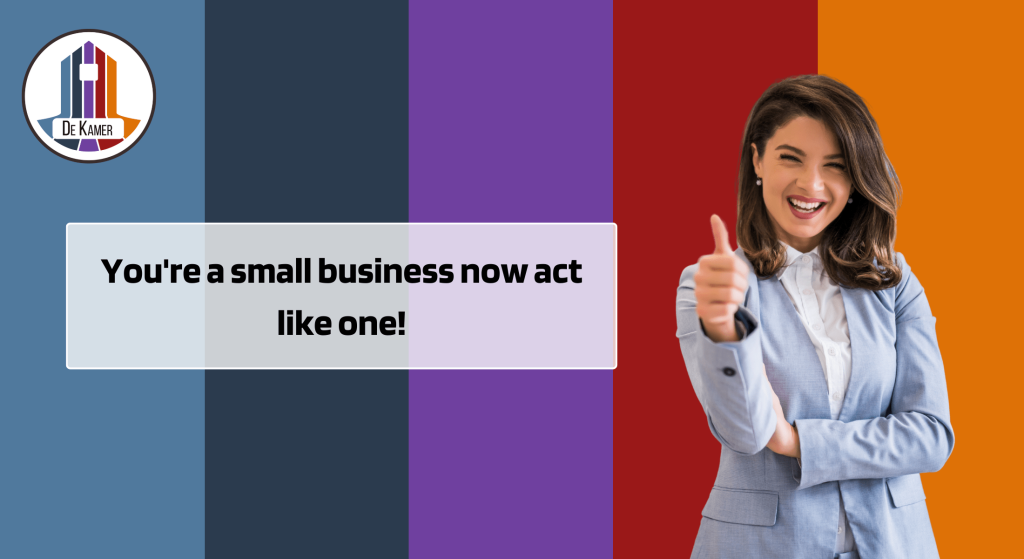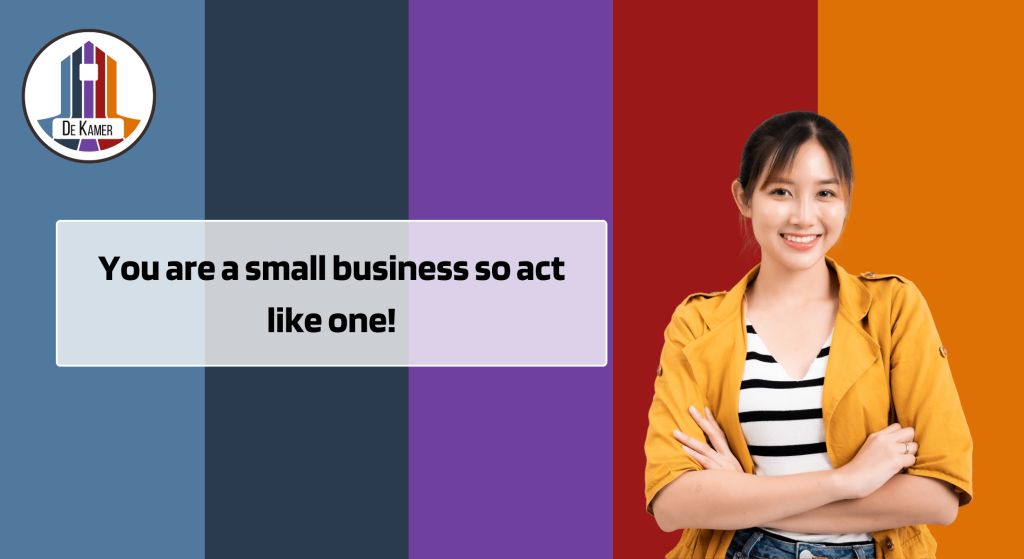This blog was first published in Dutch on Smart WP
While traditional office space is struggling with the impact of COVID-19 as well as the changes it has brought, we see an increase in the number of people inquiring with local coworking organisations. The working model as we know it has been turned on its head as scores of people work from home, and the prospect of having a choice of where they work and when, brings a large shift in how we look at work and workspace.
This option also can serve to bridge a certain amount of anxiety and hesitation for people, some of whom are introverts or neurodiverse, who feel they need to re-enter the working world –, be it to interact with others or just to get out of the house. For many people who are neurotypical theis change brings with it certain apprehensions, and for people who are less certain and comfortable with change — or who had problems in the traditional office in the first place — the hesitation can be even greater.
Coworking spaces can be in tune with this new influx of people who potentially are coming through their doors. The new communities rising from this shift are more heterogeneous than ever – freelancers, entrepreneurs, startups, remote employees – all with differing jobs and titles, but all in search of community (because we can only go digital for so long) and in search of a focused environment (because we can only work from the kitchen counter for so long too). It is noticeable that these people are all more aware of their wellbeing – they did have a few months in isolation to reflect on this, as we all did.
With great power comes great responsibility, as it’s said in the movies – and the opportunity for coworking spaces could potentially set trends and break stigmas.
If we look at the demographics in coworking spaces, it includes introverts, extroverts, neurotypicals and neurodiverse individuals. And making these spaces a haven for each person to thrive and excel in will create a forceful community and a space filled with happy coworkers.

One such person who has great insight into creating environments for all is David O’Coimin. As the Creative Director of Nook Wellness Pods, an internationally Certified Autism Resource and a great addition to spaces looking to make positive change in their space, David is passionate about creating a workspace that welcomes and caters for the neurodiverse and from the young right up to the old.
David notes, “There has been a 31% increase in neurodiverse graduates from higher education over the last 10 years. Few places take neuro inclusivity into account in their company culture. The one-size-fits-all approach is the norm, and very little thought is given to the inner dealings that make the brain so fascinating and therefore, shapes the needs of the individual.”
There are vastly differing varieties of the brain working in a shared office space environment. And these brains all function differently at different times during the day, on a number of differing tasks. One size fits no one. The needs vary from a tranquil surrounding for focus, to the ability for movement, the buzz of conversation, quiet corners, music, lighting and colours – these needs change depending on the task and the time of day.
According to Jeannine van der Linden, founder of De Kamer, a network of coworking spaces across the Netherlands, “Mental health and neuro inclusion post the Coronavirus goes a long way in building back better and more sustainably. Coworking space providers need to be empathetic towards the growing number of neurodivergent coworkers in their space in order to fully embrace the five coworking values; collaboration, openness, sustainability, accessibility, and community.”
The global pause in our lives had us questioning everything we do; how we shop, how we work, how our children are educated, even how we communicate with those closest to us. It’s time to acknowledge that a working environment goes a long way in impacting the wellbeing of our lives and the abilities that we have.
Get the conversation started in your community by asking your coworkers to share their needs in order to perform better in their role. What ecosystems do they need to cope around others, to focus the mind, to invigorate the bodies… A happy mind = a happy life.
Take the opportunity to lead the way in creating workspaces that serve more vastly differing individuals, from the introvert to extrovert, from the rigid lawful state of mind to the emotive unlawful one.


